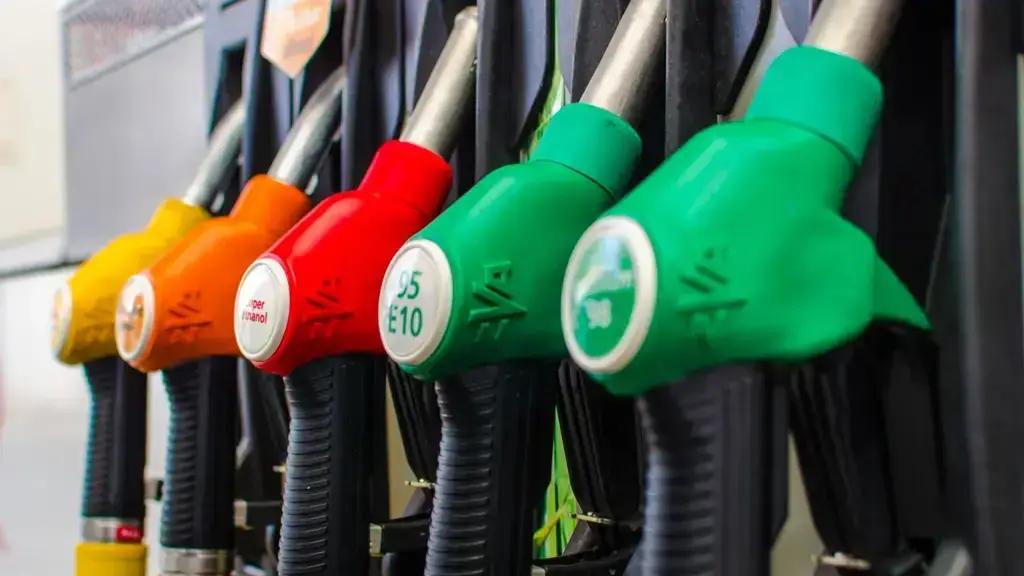
Published
06/04/2025, 18:24Kyrgyzstan will supply potatoes to Belarus — a country often referred to as the potato's homeland. A supply agreement between the two countries was signed at a business forum in Minsk. At the same time, Kyrgyzstan itself remains among the countries that continue to import potatoes from abroad.
Although EAEU countries are 80–95% self-sufficient in staple foods, according to the Eurasian Development Bank, the situation with potatoes in the region is less stable. In recent years, potato production has been declining. While in 2019 the member states harvested over 32,000 tons, by 2024 this figure had dropped to 25,000 tons — a decrease of 28%.
Potatoes are more than just a food product — they are a staple on nearly every table and are considered socially significant. That’s why any price increase is felt particularly sharply.
According to the Eurasian Economic Commission, in April, compared to April 2024, potato prices in the EAEU increased by 137.8%. The sharpest rise was recorded in Russia (+154.3%), while the lowest was in Armenia (+47%). In Kyrgyzstan, prices rose by nearly 91%, placing the country second in terms of price growth. In Kazakhstan, the increase was 79%, and in Belarus — 70.4%.
Within Kyrgyzstan, the price increase has been observed since the end of last year. While a kilogram previously cost around 32 KGS, it now exceeds 60 KGS.
Demand for potatoes has grown so high that Kazakhstan and Russia have temporarily lifted import duties on them. This is a clear signal of a shortage.
At first glance, this could seem like an opportunity for Kyrgyzstan to profit. However, there’s a catch — the country itself depends on imports. In the first three months of 2025, over 9,000 tons of potatoes were imported at a cost of 326 million KGS. The bulk of these imports came from China (6,500 tons) and Pakistan (1,900 tons).
Meanwhile, local farmers are actively selling their harvest to Uzbekistan, where demand and prices are higher. As a result, potatoes — which were recently affordable for Kyrgyzstanis — are becoming increasingly less accessible. In 2023, the average consumption per capita was 9 kilograms of potatoes per month, but in 2024 it dropped to 8 kilograms. Five years ago, this figure was over 10 kilograms.
In a comment to Akchabar, the Ministry of Water Resources, Agriculture and Processing Industry stated that the potato shortage is caused by a combination of market and geopolitical factors, rather than by a lack of harvest.
"Food security levels in the EAEU remain high, but there are localized imbalances regarding potatoes. Kyrgyzstan has not restricted farmers’ exports, which allowed them to sell their produce at favorable prices, including to Uzbekistan. However, due to expectations of rising prices, some suppliers held back their goods, which in turn triggered price spikes in the domestic market," — the Ministry reported.
According to the Ministry of Agriculture, imports from China and Pakistan have become a key tool for promptly stabilizing prices.
Potatoes are being imported at favorable prices and under full phytosanitary control. The volume amounted to 17,000 tons — a moderate figure sufficient to contain price growth. At the same time, potato exports from January to May 2025 totaled 20,000 tons, which is lower than in the same period of 2024, when it was 35,000 tons," — the Ministry of Agriculture explained.
The Ministry emphasizes that this is not a crisis. The risk of price increases is manageable. The situation is under constant monitoring, and the Ministry is prepared to take corrective measures if necessary.
"However, this situation is a signal for reform. It is essential to invest in storage, logistics and demand analysis. In addition, there is a need to strike a flexible balance between export interests and domestic food stability," — the Ministry of Agriculture concluded.



